Menu
Log in
|
WordWorks Online |

2021 All Rights Reserved Federation of BC Writers
| Email us at hello@bcwriters.ca | PO BOX 3503 Courtenay, BC, V9N 6Z8 Registered Charity Number: 127661718 |
Powered by Wild Apricot Membership Software
|
WordWorks Online |

2021 All Rights Reserved Federation of BC Writers
| Email us at hello@bcwriters.ca | PO BOX 3503 Courtenay, BC, V9N 6Z8 Registered Charity Number: 127661718 |
